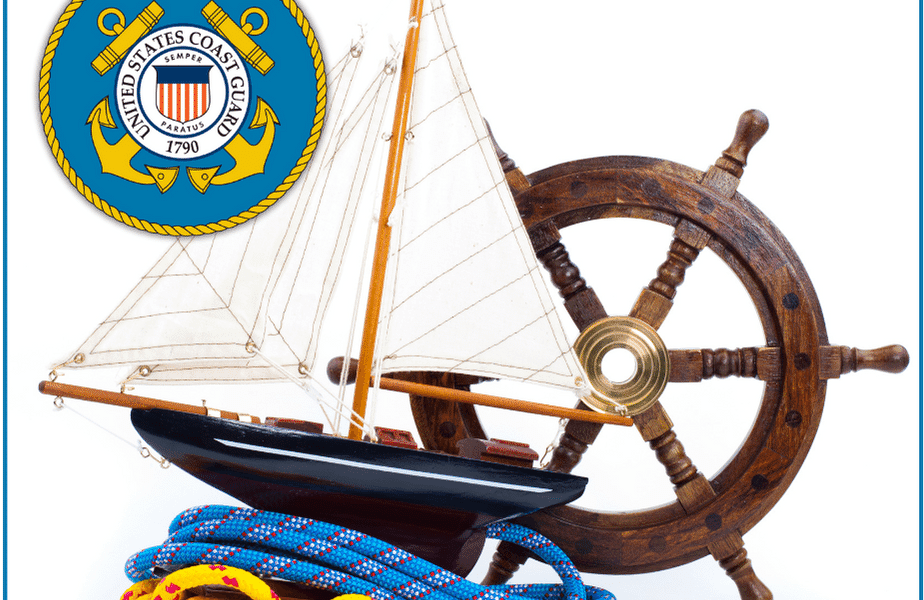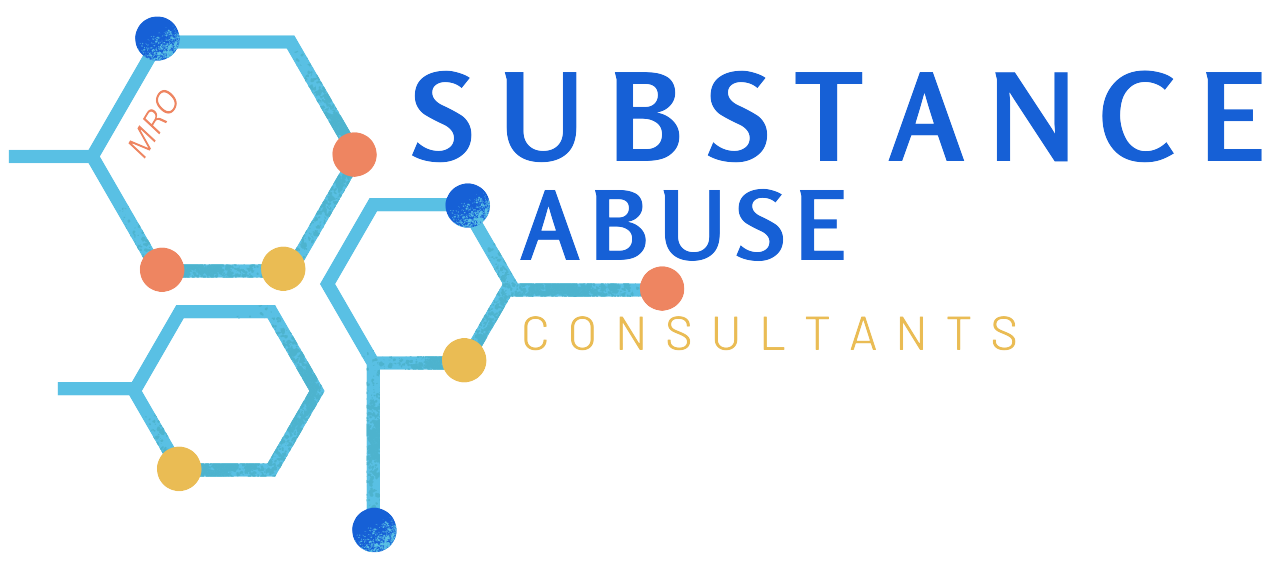
The United States Coast Guard regulates and sets forth the rules for all those who wish to work on the waterways of the United States, including lakes, rivers, intercoastal waterways, as well as the oceans & coast. The regulations aim to deter the illegal use of controlled substances by merchant marine personnel, charter captains, mechanics, bosuns, crew, mates, engineers, deckhand, tug-boat operators, stewards, and cruise lines to promote a drug-free, safe work environment, ensuring the safe passage of passengers and cargo on U.S. waterways. The U.S. Coast Guard enforces these regulations to ensure marine employers maintain a safe, drug-free workplace by conducting required testing as specified.
including lakes, rivers, intercoastal waterways, as well as the oceans & coast. The regulations aim to deter the illegal use of controlled substances by merchant marine personnel, charter captains, mechanics, bosuns, crew, mates, engineers, deckhand, tug-boat operators, stewards, and cruise lines to promote a drug-free, safe work environment, ensuring the safe passage of passengers and cargo on U.S. waterways. The U.S. Coast Guard enforces these regulations to ensure marine employers maintain a safe, drug-free workplace by conducting required testing as specified.
The Coast Guard is strongly reminding the Charter Vessel Industry of their duties and obligations to meet federal drug testing regulations. Requirements for marine employers to have drug testing programs have been in effect since November 21, 1988. These requirements are applicable to all US flagged vessels in commercial service, regardless of vessel size or capacities, including what are commonly known as Six Pack Charter Vessels. The rule requires chemical testing of all crewmembers working in safety-sensitive positions whether or not those crewmembers possess merchant mariner credentials. The consequences for failing to comply with these requirements can be substantial and may involve the loss of a license or document, loss of a vessel or civil penalties at a rate of $5,500 per day per violation.
USCG RULESDrug Testing Guidelines
Medical Review Officers (MROs), Substance Abuse Professionals (SAPs), and drug testing consortiums are vital components in the regulation of jobs regulated by the USCG. MROs play a critical role in reviewing and verifying drug test results, ensuring the accuracy and integrity of the testing process. SAPs provide evaluation, treatment, and follow-up for employees who test positive, guiding them through the process of returning to work safely. Drug testing consortiums streamline the testing process for smaller employers by pooling resources to manage random drug testing programs efficiently. These elements work together to maintain a drug-free workplace, safeguarding public safety and ensuring compliance with US Coast Guard regulations.
Overview of Drug Testing Requirements
A drug test is required for all transactions EXCEPT increases of scope, duplicates, and International Endorsements (STCW). In order to meet drug testing requirements, you must choose and provide one of the below options.
meet drug testing requirements, you must choose and provide one of the below options.
Option One: Provide the results of an approved recent drug test (within the qualified timeframe).
Option Two (Most Commonly Used): Provide a letter attesting to participation in random drug testing programs otherwise known as a maritime consortium. (One of the major services that C/TPAs provide and manage is the random testing process for their clients. Furthermore, the consortium takes crewmembers from a number of marine employers, puts them into a random testing pool, and then ensures that the pool is tested at the random rate established by the Coast Guard (50% annually).
JOIN NOWBecome a Member of Our Consortium
Option Three: Provide a letter attesting to pre-employment drug testing.
The most common method of ensuring you comply with USCG regulations is to join a random drug testing pool/group called a consortium, which manages an entire group of others who also need to be tested randomly. Other boat captains, crew, mates, bosuns, engineers, mechanics, and other vessel staff for all maritime & boating related jobs & careers.
LEARN MORE
Disciplinary Consequences:
Failure, on the part of a marine employer, to implement or conduct chemical testing for dangerous drugs or for evidence of alcohol may result in a civil penalty of up to $5,500.00 per day for each violation. Each day of a continuing violation constitutes a separate violation. (46 United States Code, Section 2115). So to make sure you stay in total compliance with the USCG your safest method is to become a member of a certified random drug screening program such as the one Substance Abuse Consultants manages.
